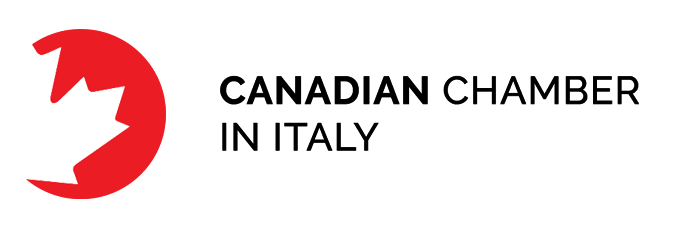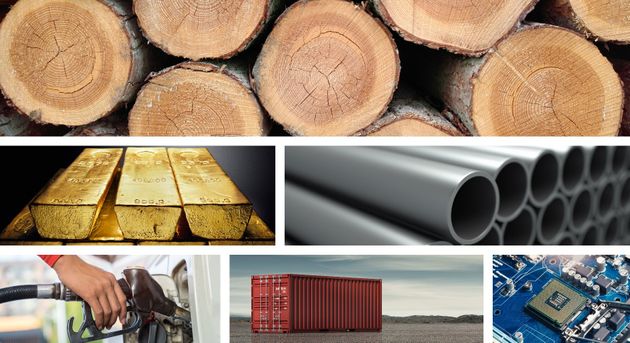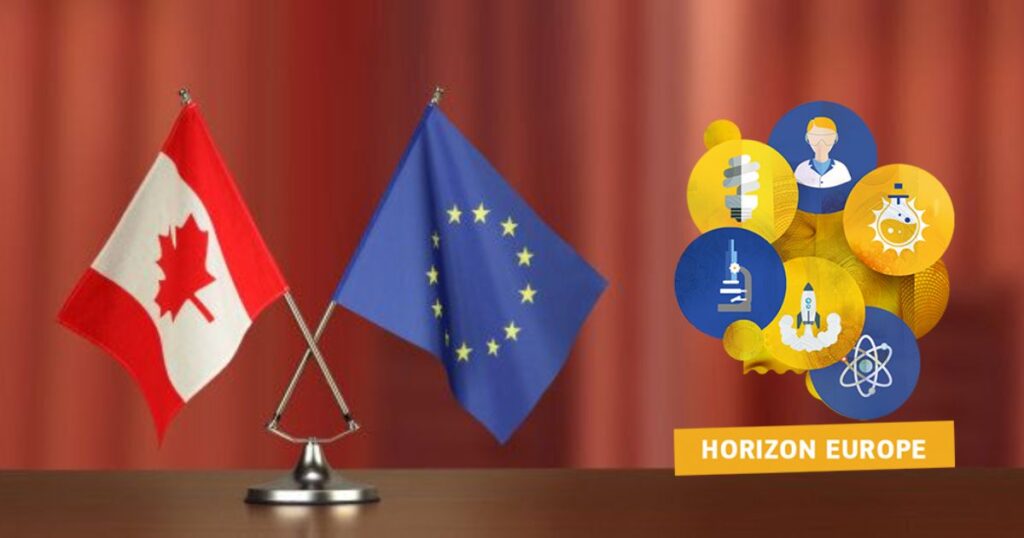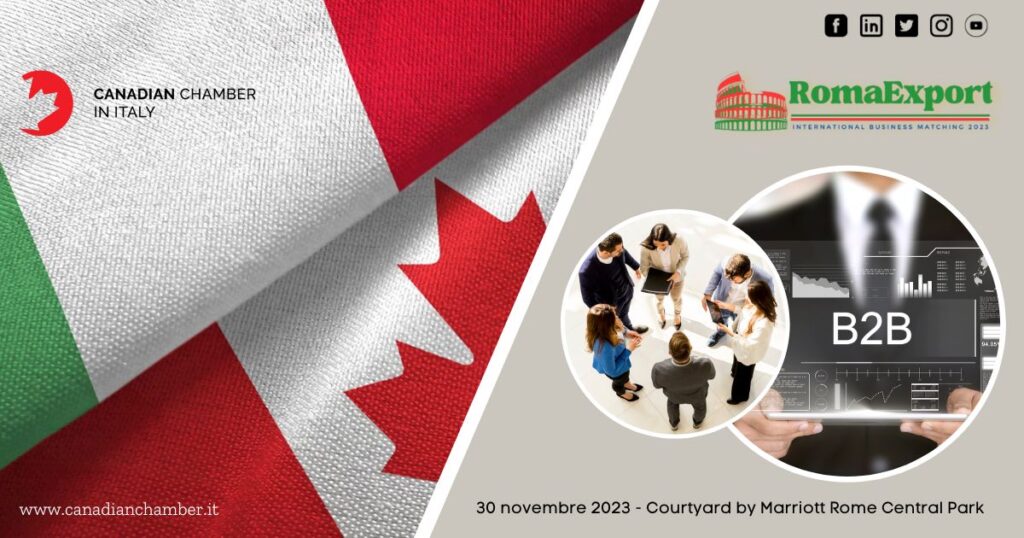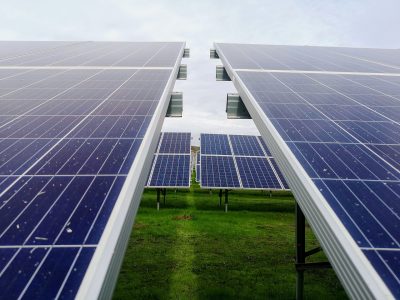Canada and the European Union have launched a new partnership to protect, track and monitor the supply chain of precious natural minerals, which cause environmental problems and reduce dependence on the economy and trade with China. Canadian Prime Minister Justin Trudeau told the media that discussions are underway with EU partners to develop, introduce and implement a greener, more environmentally friendly economic vision. “To begin with, in order to continue creating green jobs for the middle class, we need to secure supply chains for critical minerals and metals that are essential to our production such as electric car batteries,” Prime Minister Trudeau reiterated.
Ursula von der Leyen, leader of the European Commission and the EU’s executive arm, said she wanted to diversify imports from producers such as China to generate a more sustainable economic vision that produces less environmental damage and triggers corporate mechanisms to introduce greater transparency into the harvesting and processing of raw materials. Canada and Europe have confirmed the importance of this partnership, which will focus on improving ‘security and sustainability of trade and investment, integration of commodity value chains, science, technology, collaboration in innovation, and environmental, social and governance criteria’.
The diplomatic and economic climate between China and Canada has been very unstable for some time. Last year, China reacted to Canadian accusations of human rights violations by almost stopping imports of Canadian products. Beijing authorities had reported that shipments of some Canadian food products, for which China is a major market, were infested with pests. In addition, on 27 June 2019, the Chinese government had announced a suspension of all meat imports from Canada, raising a number of concerns regarding false certifications of product quality. Many of these allegations have turned out to be dangerous manoeuvres by China to annoy and generate economic problems for Canada.
Moreover, even at the last G7 meeting, Canada and Europe asserted their own trade policies and openly criticised China’s policies. During the leaders’ meeting, for the first time, the desire for a new approach towards China became clear. The summit was characterised by an unprecedented attunement of powers to stem Beijing’s advance, with Washington pulling the strings of the allies. As a ration to the G7, China commissioned artist Bantonglaoatang to create a drawing that was widely circulated on Chinese social networks and media. The cartoon, entitled ‘The Last G7’, is an allegory of the meeting of the big seven held in Cornwall and focuses on Western action against China’s manoeuvres.

In the cartoon, Canada is symbolised as a fragile beaver protected and forced to follow Washington’s foreign policy decisions. A clear reference to the case of the arrest of Meng Wanzhou, daughter of the founder of Huawei, in Vancouver. A further reference to the affair by the heir of the Chinese company can be found in the doll in the hands of the Canadian beaver. Canada has been reviewing its bilateral ties with China since 2018, i.e. since the day of the arrest of the top Huawei executive under US mandate. The diplomatic war continued throughout 2019 and into 2020, with the arrest of two Canadian citizens in China and the blocking of imports of rapeseed.
The political situation exploded again with the international clash over Hong Kong’s sovereignty, which then triggered the final confrontation between Trudeau’s government and the Chinese Communist Party. Moreover, in early November 2020, it was the Trudeau government itself that promised the young people of the city-state, persecuted by Beijing’s authoritarian policies, that they could come and study and work in Canada. These are political sparks to which Canada responds with international proposals on respect for fundamental rights, such as the sensitive issue of the Uighurs, and with a concrete appeal to international regulations for sustainable and environmentally friendly development.

